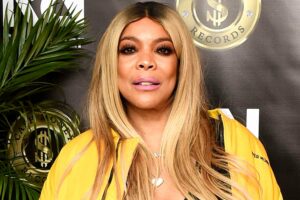In recent years, dating app companies like Match Group and Bumble have struggled as their stock prices drop, users dwindle, and they fail to attract Generation Z. This has led to the resignation of both companies’ CEOs.
The dating app industry has faced challenges for some time. Apps can quickly lose popularity, prompting Match Group to expand its portfolio through new launches and acquisitions. Once known for Match.com, Match Group now controls a vast range of dating apps, including Tinder, OkCupid, Hinge, and The League.
Despite their issues, dating apps have helped many find love. A Research survey found that 10% of partnered adults met their significant other through a dating app. However, the business model of dating apps creates a paradox: the goal is to help users find love, but each successful match means losing two customers.
Hinge exemplifies this paradox with its motto of being “the dating app designed to be deleted,” highlighting the contradiction between user success and business profitability. As apps seek to monetize more aggressively, users are frustrated by features locked behind paywalls.
Economist Cory Doctorow’s concept of “enshittification” describes how tech platforms often worsen their services as they shift focus from growth to profit. Historically, competition would drive users to better apps, but new contenders fail to replace the current giants due to monopolistic practices by companies like Match Group.
Match Group claims its mission aligns with user success, arguing that its model supports meaningful connections and celebrations of successful matches. However, an alternative model where apps earn only when users find success could better align business goals with user satisfaction.
Another issue may be “adverse selection,” where the presence of deceitful users on dating apps drives away genuine ones, degrading the app’s quality. Just as Carfax improved the used car market, dating apps could implement systems to better verify and rate users to address this issue.
Dating apps continue to face ongoing challenges, from market saturation and poor user experience to monopolistic practices. Finding love remains difficult in this complex landscape, but hopeful daters can still wish for success in their search for meaningful connections.




